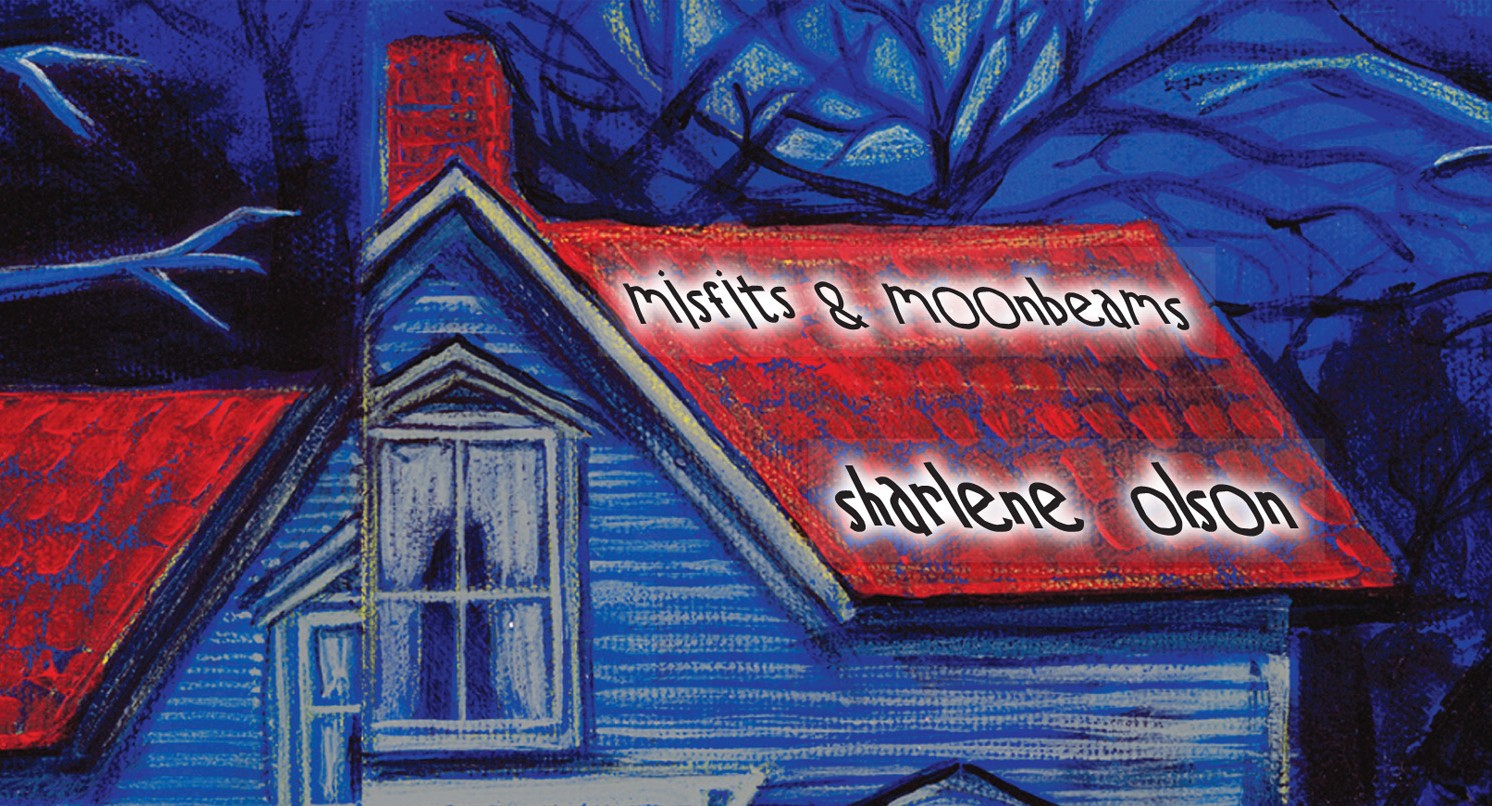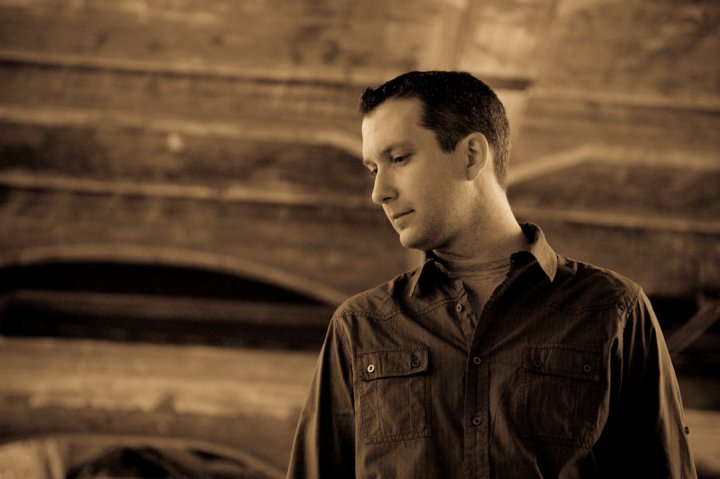What is right for you
- At June 03, 2013
- By Nathan
- In Effective living
 0
0
“It’s too bad the moral relativists got to define this phrase,” my thoughtful wife said one evening during dinner, “for so often what is right for one person is not what is best for another.” Setting my fork aside to pay more attention, I wondered what she was getting at.
As we talked, the problem became more clear: An observation that had some merit (i.e. “That is right for you but not right for me”) had routinely been applied in situations where it didn’t make sense. Go figure. And now, this distorted use of language had become so entrenched that it was almost impossible to talk about legitimate individual freedoms and preferences without being misunderstood.
A useful phrase had been hijacked and in the process an important emphasis had been obscured. Did it sound too strong too put it that way?
From the vantage point of our kitchen table, it was appropriate and even urgently necessary to find a meaningful way to talk about significant personal distinctions because, well…let’s face it: A lack of understanding is all too common as is outright control. Treating potatoes exactly like broccoli wouldn’t make for a tasty meal or result in winning any cooking awards. But that’s what tends to happen when human beings mix and mingle. Bob the tomato gets blended together with Larry the cucumber into one big indescribable mush.
One word aptly describes this culinary concoction: Yuck.
It needs to be said that this radical redefinition can be unconscious and unintended; it just happens – almost as an aside. But this distorted way of relating can also be very active and intense.
Be warned: For every person who genuinely wants you to thrive as a distinct human being you are bound to meet dozens who merely want to plug you into some program or make you fit into what they’ve got going on. In the process, if all goes well you will appear to be a little bit less successful and so make them feel good about themselves. Sadly, it’s the way things work in this be-like-me world.
This prevalent pattern does make a person sometimes wonder if there are any truly secure people on the planet.
Western culture is usually considered to be highly individualistic, and it is comparatively speaking. But even in Canada, the USA, or Europe, etc. you will find no shortage of people and organizations who try to control very personal aspects of your daily life. Yes, you can count on being controlled even in the center of the free world.
Is it possible to have too much freedom and too much control, too much of one and too much of the other? Apparently it is. A cultural tendency to deny real boundaries and bedrock truth in the name of freedom doesn’t seem to prevent very many from trying to force their opinions on others. This harmful way of thinking and living results, more often than not, in people being way too open and much too closed, critical and controlling at the same time. It’s a lose-lose situation. Not good.
We fail to take a stand when it is necessary; and then turn around and take a stand when there is really nothing much to stand upon.
People can believe anything they like or nothing at all. Oh yeah, the universe will be sure to quickly adjust. But, doesn’t everyone know, for example, that proper and normal English is only spoken in southwest Saskatchewan by third generation Scandinavian immigrants? Didn’t know that? Well, now you do. And with any luck the Supreme Court and the U.N. will be sure to remind you.
Each person has some weird idea lurking deep in their soul that they might feel inclined to force on others if given the opportunity. Don’t they?
To be fair, it isn’t necessary to be a part of the controlling liberal tradition in order to fall into the very same controlling mindset. Denying the truth about human beings is one way to take the tumble. But ignoring the truth will work just fine.
Working through a well-established personality inventory not too ago, it became apparent that I was quite a bit different from the woman I had married. How about that? Actually, I discovered that we were different in almost every way. Amazing. Isn’t it strange how you can know someone for many years and yet not really know them at all? And suddenly it also became uncomfortably obvious that my personality had been on a covert mission over the years to control the personality that happened to be close by.
“Why can’t you be more like yourself?” Has anyone asked you that question lately?
© Career & Life Direction 2013. All rights reserved.
Weird and wonderful
- At November 12, 2012
- By Nathan
- In Career & Life Planning
 0
0
To be considered weird isn’t usually a compliment. On occasion, perhaps. But very few of you would assume that this word suggests a positive message or sincere praise. It isn’t taken that way.
A light-hearted banter between friends would be the exception. Oh yes, a warm-hearted jest puts all the bad word fears to rest.
Weird and wonderful: this is one explanation and a word combination that is reserved for the use of old friends.
But typically – by definition and cultural consensus – normal is in and weird is out. Way out. Unless, or course, your type of weird suddenly becomes normal and therefore is in. Don’t ask me how these things happen – they just do. All I know, is that everything gets complicated and very confused. And really weird. One minute you’re an outsider and the next you are ushered in. A cold shoulder is replaced with a red carpet. Suddenly the good vibes are coming your way. Your style becomes the style, etc. Soon it is all about you.
Not that I speak from experience. And likely, neither do you. Most of us are probably getting tired dancing around trying to avoid getting stamped with the wrong stamps and hopefully stamped with the right stamps. Stamping other people is reserved for an elite few.
Speaking of stamps, the weirdo label is usually even worse. This six-letter dynamo of a word has been known to stop grown men in the tracks; it has the power to cause determined walkers to turn and walk away. It is one of the heavy-hitters in the English language to be sure. It pack a punch; puts people in their place. It ranks right up there with extremist and sometimes evangelical.
Weirdo is the polar opposite of mainstream. Armed with such vocabulary, people who don’t believe in morality go about making moral statements. Call it modern magic or delusional democracy. Call it what you like. While it used to be a choice between out and in, now the sense is that we are dealing with right and wrong, good and bad. Imagine Darth Vader and Luke Skywalker standing side by side. That’s the idea.
Once you are in with Vader you’re out for good.
Moving along.
For that matter, wacko rarely signs up for word-duty in the same sentence as wonderful either. But maybe enough has already been said. The point has been made. Our attention has deliberately been drawn to the obvious: We all probably tend to prefer what is said to be normal; that is the label that most of us are looking for. At the same time, we often have the sense that our take on things or our society’s take on things is authoritative – even if it isn’t.
It is unsettling and unnerving to be around people who are different. It is awkward. You don’t know what to expect. And then, it is also a challenge to feel like we belong if we don’t know how we are supposed to behave.
For any number of reasons, we feel like we need to conform.
If we were to take things to the next level, it would go without saying that a person who is said to be off their rocker likely doesn’t get a lot of dinner invitations. Few tender souls want to be tiptoeing over for tea only to be confronted with a collection of crazy people sitting across the way on the couch. It’s unnerving. It isn’t normal. Can’t say that I blame them.
For the record, today’s rambling and reflecting about “weirdness” got started because someone I know very well (not to mention any names, or course) said something that caught my attention. The comment went like this:
“People need to take advantage of their weirdness.” Yes, that is a fairly accurate quote of what was actually said.
Rest assured, that believing whatever you like and living however you please was not the focus of the conversation. You know by now that you won’t be hearing a pitch for a purely relativistic philosophy of life here at Career & Life Direction. But how about a clarion call to get in touch with your inner weirdness?
How about that?
© Career & Life Direction 2012. All rights reserved.



































